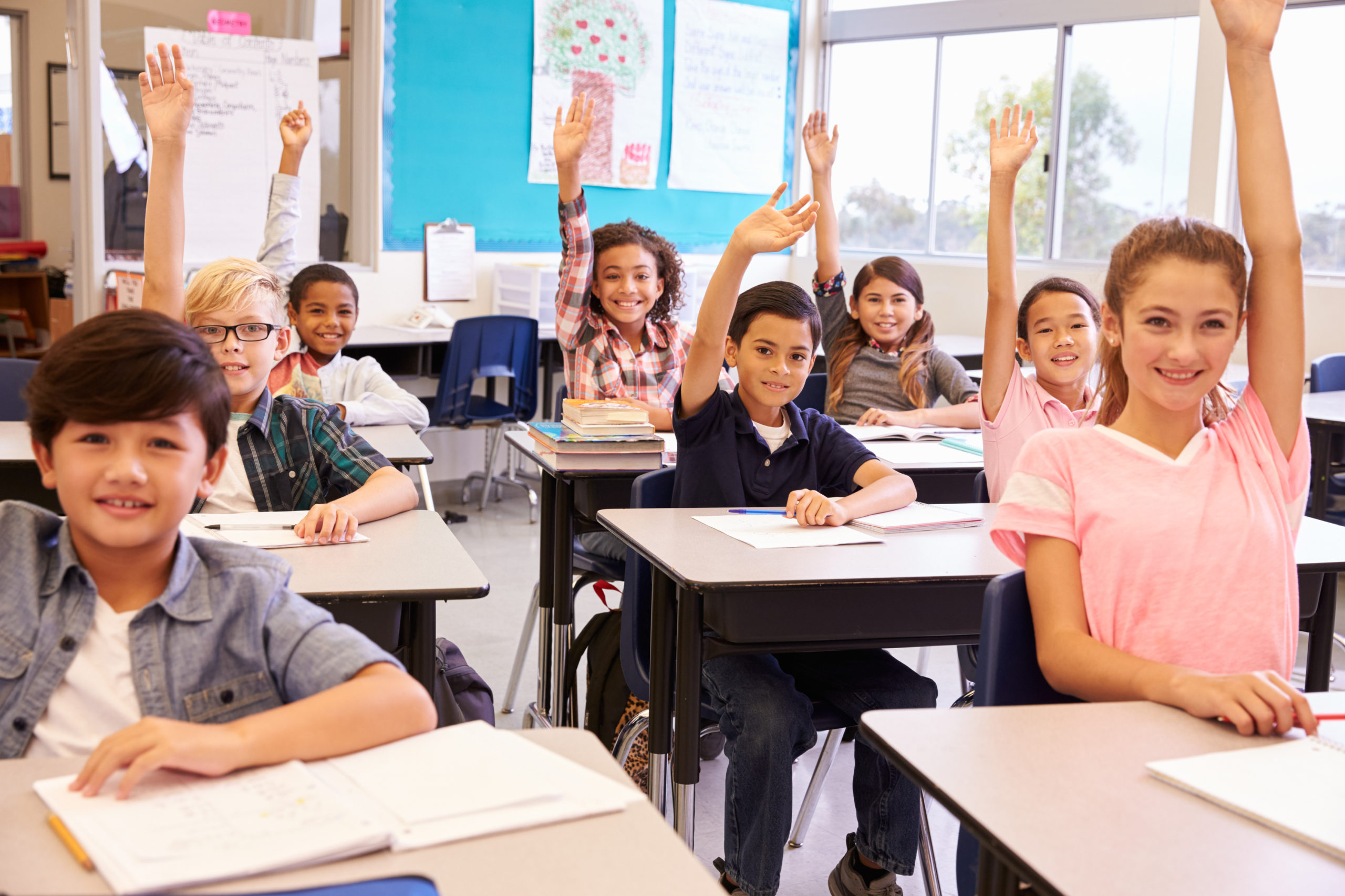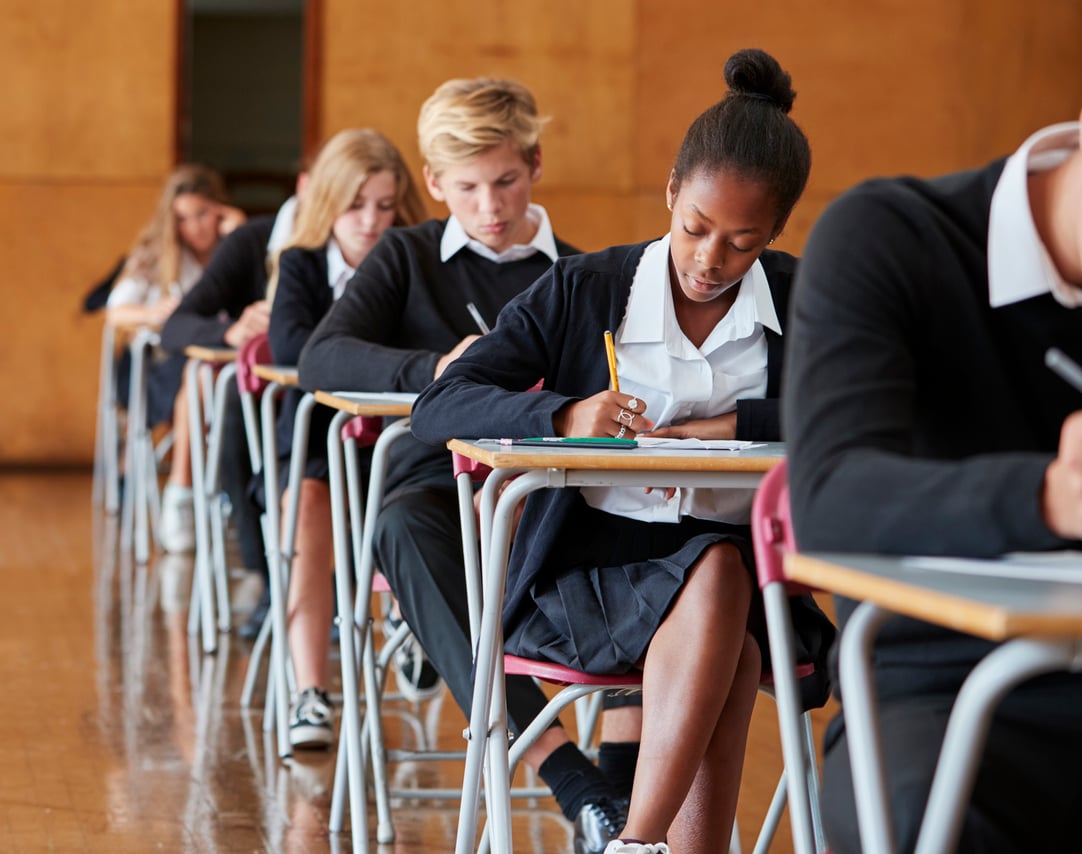Exactly How Schools Play a Vital Duty in Shaping Future Leaders and Trendsetters
Colleges contribute fit future leaders and pioneers through the growing of important thinking, creativity, and cooperation. By integrating project-based knowing and interdisciplinary studies, schools challenge pupils to examine and synthesize intricate info. Educators serve as coaches, assisting students and nurturing their possibility, while after-school activities better establish leadership skills and durability. This dynamic atmosphere not just concentrates on private toughness but additionally emphasizes the significance of synergy, vital for browsing tomorrow's challenges. Exactly how precisely do these components interaction to create a durable foundation for future success?
Fostering Vital Believing
In today's swiftly evolving world, cultivating essential assuming within academic organizations has actually become extremely important. As society faces increasingly complex worldwide difficulties, the capacity to evaluate, assess, and manufacture details is crucial. Schools play an important role in establishing these abilities, preparing trainees to navigate and attend to multifaceted problems with notified, reasoned decisions.
To grow vital thinking, educators use various instructional approaches that motivate energetic knowing and intellectual interaction. Classroom conversations, problem-based learning, and Socratic examining are crucial in promoting reflective and logical idea procedures. By testing trainees to question presumptions and consider several viewpoints, these methods ensure a deeper understanding of subject beyond memorizing memorization.
In addition, integrating important thinking across the curriculum enhances its value and applicability in varied contexts. Topics such as maths, science, background, and literature each deal unique possibilities to develop pupils' vital professors. As an example, evaluating historic events requires understanding and examining resources context, while clinical query needs strenuous hypothesis screening and evidence-based reasoning.
Ultimately, instilling critical assuming skills in students outfits them with the cognitive devices required for long-lasting understanding and adaptability. It is through this fundamental competence that future leaders will have the ability to introduce, resolve troubles, and contribute meaningfully to culture.
Urging Creative Thinking
Embracing imagination within educational structures galvanizes pupils to believe beyond conventional borders and check out ingenious options. By integrating artistic ventures and creativity workouts right into the educational program, colleges grow an atmosphere where originality and creative idea are valued. This method not just enhances the instructional experience yet likewise furnishes trainees with the capability to take on real-world difficulties in novel methods.
Educational institutions can cultivate imagination via varied methods such as project-based understanding, interdisciplinary studies, and the consolidation of arts and innovation. Project-based discovering, as an example, motivates pupils to apply their knowledge in sensible, often collaborative, projects that demand creative problem-solving abilities. Interdisciplinary studies permit students to draw links between different subjects, thereby expanding their perspectives and boosting their imaginative capacities.
Furthermore, offering trainees with possibilities to engage with arising technologies, such as coding and electronic layout, additionally nurtures their creative potential. These tasks trigger pupils to experiment, fall short, and iterate, which are critical elements of the innovative procedure (Save Temecula Schools). By preserving an encouraging setting where testing is urged, colleges can ensure that trainees establish the self-confidence to go after ingenious ideas
Fundamentally, nurturing imagination in academic setups is vital for shaping future leaders and innovators capable of dealing with intricate worldwide concerns with resourcefulness.
Promoting Partnership

Executing group-based learning components and participating tasks allows students to experience the characteristics of teamwork firsthand. This not only prepares them for the collaborative nature of contemporary workplaces however likewise supports leadership high qualities as they often have to tackle roles such as task supervisors or group coordinators. Furthermore, cooperation in the classroom can damage down social barriers and advertise inclusivity, making certain that each pupil really feels valued and heard.
Moreover, integrating innovation can better sustain joint initiatives. Devices like shared electronic work spaces and interactive platforms enable students to interact successfully, even outside the classroom. As pupils develop these collaborative skills, they are better geared up to deal with complex obstacles and innovate, preparing for their future functions as pioneers and leaders.
Duty of Educators as Coaches

Mentorship involves individualized attention, where instructors recognize and nurture individual staminas and address weak points. Save Temecula Schools. With individually communications, educators can customize their guidance and assistance to meet each student's distinct demands, promoting a sense of confidence and resilience. This tailored approach cultivates a growth way of thinking, encouraging pupils to check out failings as possibilities for learning and development
In addition, instructors act as role versions, showing the worths of perseverance, integrity, and empathy. Their mindsets and actions redirected here provide a plan for students to mimic, instilling a sense of honest obligation and social recognition. By producing a helpful and comprehensive class setting, educators make it possible for trainees to establish interpersonal skills that are important for reliable leadership.
Fundamentally, the mentorship given by instructors lays a fundamental framework for the growth of future leaders, furnishing them with the expertise, abilities, and worths needed to master an ever-evolving world.
Influence of Extracurricular Tasks
When integrated efficiently into the instructional structure, after-school activities substantially enhance student development and leadership capacity. These activities offer students with chances to discover passions beyond the standard educational program, promoting a versatile skill set. Clubs, sports teams, and arts programs grow vital top qualities such as team effort, time administration, and resilience. Involvement in these tasks commonly calls for trainees to handle duties, thus nurturing their leadership abilities.
Additionally, extracurricular participation urges creative thinking and innovation. Pupils took part in songs, drama, or argument clubs learn to assume seriously and strategy problems from diverse viewpoints. These experiences instill self-confidence, making it possible for pupils to articulate their concepts and take campaign in different settings. By working together with peers from various histories, trainees additionally create empathy and interaction abilities, necessary attributes for future leaders.
Research study shows that trainees entailed in such programs have a tendency to have greater qualities and better attendance records. Therefore, institutions that focus on a well balanced technique to education and learning, integrating durable extracurricular programs, are a lot more likely to create trendsetters and leaders furnished to meet the challenges of the future.

Final Thought
Finally, schools considerably shape future leaders and innovators by supporting crucial thinking, creative thinking, and cooperation among pupils. Engaging instructional methods such as project-based knowing and interdisciplinary studies play an essential role in this development. Educators, working as mentors, offer important support and assistance, while after-school activities further enhance leadership possible and durability. By fostering a helpful setting that values specific toughness and teamwork, institutions outfit trainees with the necessary skills to navigate future challenges and drive advancement.
As students establish these collaborative abilities, imp source they are better equipped to deal with complicated obstacles and introduce, laying the groundwork for their future roles as pioneers and leaders.
By cultivating crucial thinking and analytical skills, instructors assist students navigate complicated challenges, preparing them for leadership duties in different areas.
By working together Discover More Here with peers from different histories, students additionally develop compassion and interaction abilities, essential qualities for future leaders.
In conclusion, institutions substantially shape future leaders and innovators by supporting important thinking, creative thinking, and collaboration among students. By cultivating a helpful environment that values individual staminas and team effort, colleges gear up students with the required skills to browse future challenges and drive development.